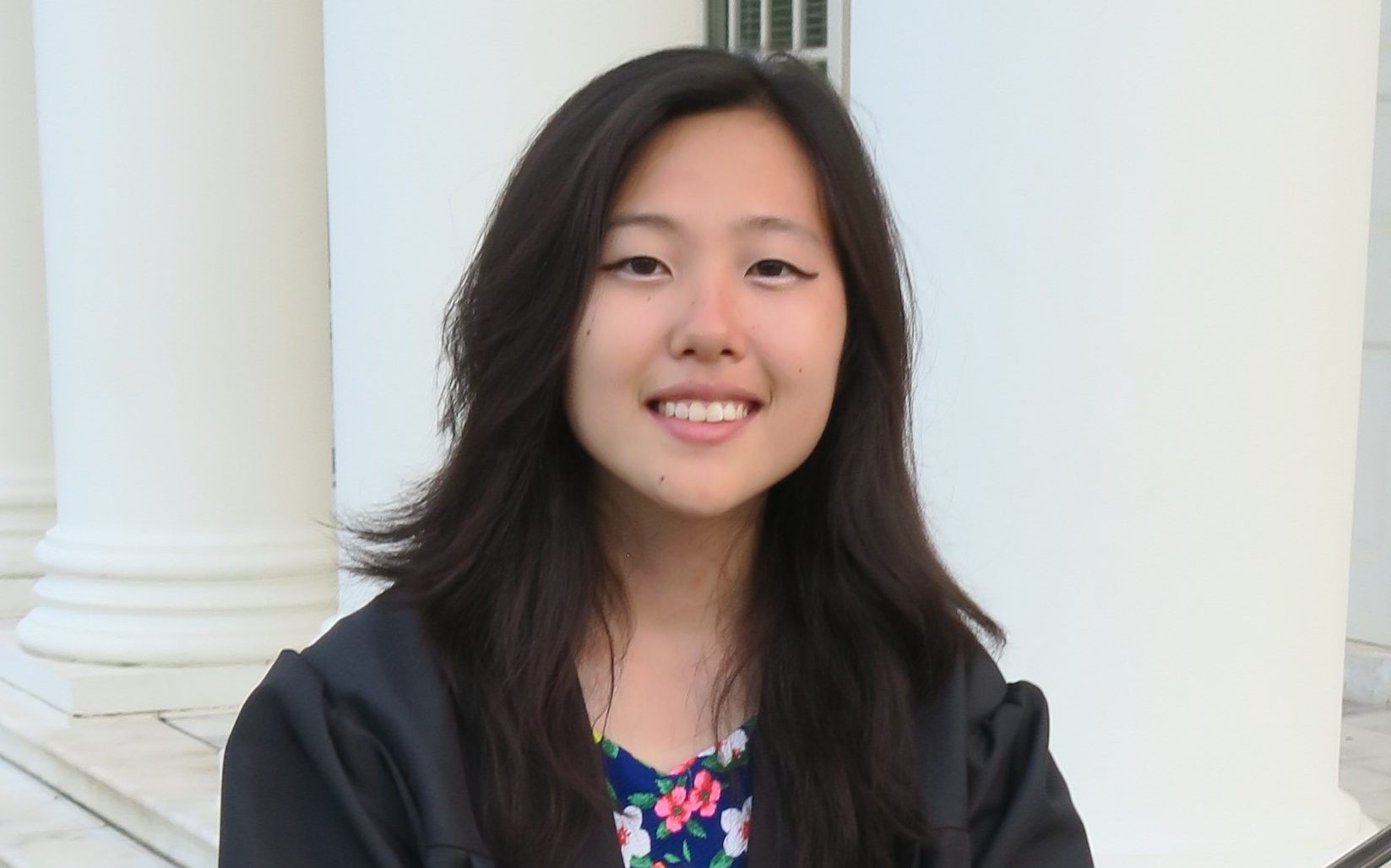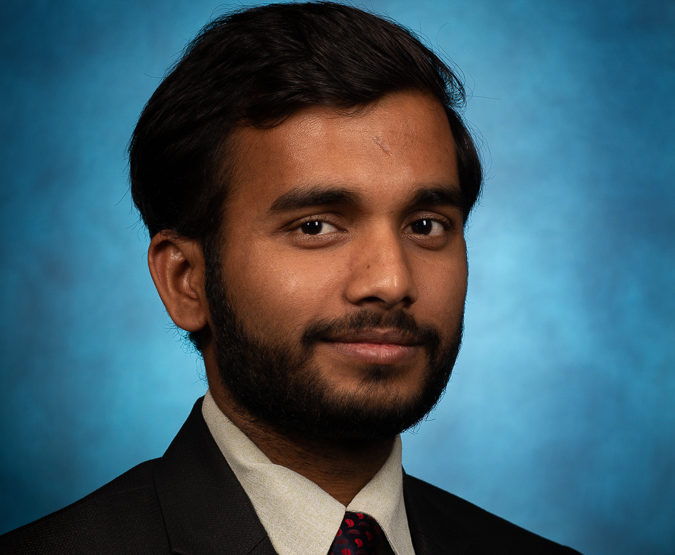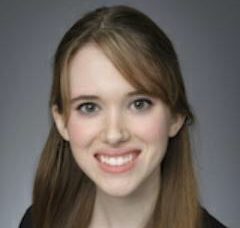When the world began closing its doors in March and everything seemed to move online, several programs quickly found themselves needing to adapt and evolve in order to continue to provide quality services to their customers.
One example of this was the Midwest I-Corps Customer Discovery and Value Proposition Design course. During the course of eight weeks, these workshops help researchers explore the commercial viability of their deep tech innovation. Teaching the Lean LaunchPad approach (also called Lean Startup), a process to help systematically test key assumptions about the potential impact of their science discoveries and uncover the specific customer problems it might be able to solve.
Typically held in person, the instructors decided that, rather than cancel the workshops, there was overwhelming interest in moving forward with an online version of the course. The University of Minnesota had already developed the course in an online format, so the University of Michigan, The University of Illinois-Urbana Champaign, and Purdue University all decided to follow University of Minnesota’s lead and pilot the course as a collaborative approach to supporting deep technology teams from across the Midwest.
“Besides the benefit of not having to drive anywhere?,” said John Thode, a clinical professor and a Midwest I-Corps instructor from University of Illinois-Urbana Champaign, when asked about how things had changed for the new format. “Lectures needed to be very short or preferably none at all. The classroom is best completely flipped with students delivering and instructors mentoring.”
‘Virtual’ class is in session
With five instructors from four different institutions and more than 22 teams from as far away as North Dakota, there was the potential that instruction would not translate in a digital format.

“Although the platform was completely online, I found that I still effectively learned and applied all the concepts that were taught,” said Carolina Chung, part of the U-M Biomedical Engineering Department and MAGENTA team. MAGENTA is a machine learning model that predicts combination therapy outcomes of antibiotic treatments against resistant bacteria. Carolina said she was hoping to gauge the commercial viability of the team’s technology.
Other teams wanted to learn more about the industry they felt their technology was best suited for, who their potential competitors and customers might be, and see what was truly critical to be competitive in the market.
“Having the course online made it easier to read and learn the material at my own pace,” said Purdue’s Jana Vincent, a member of Purdue’s Biomedical Sciences department and part of a wearable technology for MRIs team. “This (online course) was a more flexible design for those who were concurrently enrolled in research, courses, or internships.”
Part of the ease many participants felt was how readily available many of the instructors made themselves. “I had the chance to interact with them in a large group, a small group, and one-on-one,” said Carolina.
Another U-M student, Marianna Coulentianos, whose team SustainiUM recently won the Nuclear Energy Grand Challenge, mentioned how insightful their guidance was. “They (the instructors) were really available to give targeted feedback and provide guidance outside of class time,” she said.
The customer discovery is always right
The course consisted of four modules: Product-Market Fit, Customer Discovery, Commercialization Pathway, and Market Assessment. To start, teams write down what they think they know about competitors, advantages, weaknesses, what value their product/service offers, and more.
Next, the customer discovery module has the participants actually ask questions of their customers to see where their understanding was correct or, more importantly, where it was not. This requires teams to contact and interview people to find their pain points, problems, and what might make things easier.
In performing these interviews, participants sometimes realize that they aren’t actually solving the problem they thought their product was solving, but rather something completely different for that customer or a new customer all together.
Some teams said they found performing these interviews easier during the current pandemic, as people are now more comfortable meeting online for video calls.

“Conducting interviews online gave us more flexibility to contact stakeholders around the country,” said Aniket Yadav from SustainiUM and the University of
Michigan’s School for Environment and Sustainability.
Jana said that the distance aspect wasn’t difficult, but rather getting a hold of potential customers in the field they were investigating was. “The challenge we ran into was related to Covid-19. With our product being healthcare/medical imaging-based, it was difficult to obtain timely responses from potential interviewees,” said Jana.
We have a winner
Even with the switch to a fully virtual course, all involved seem to find the course extremely beneficial and worth their time.
“The other instructors were world class,” said John. “It will change your life to see the world from a customer’s perspective…not just your own technical perspective.”
Several of the students raved about the accessibility of instructors, the feedback they received, the opportunities to work in large lectures as well as small breakout sessions. Some students mentioned that it helped them gauge how commercially viable their idea could be.
“The course is a great way to learn about the fast paced entrepreneurship processes and discover unknown unknowns about your business,” said Marianna.

For those who are interested in taking the Introduction to Customer Discovery course, another round is starting on September 25th. You can register here.
Jana summed up the course this way, “The MWIN (Customer Discovery) course is essential in taking you out of the lab and design process to provide a business foundation, guide customer discovery, identify the value of your product, and develop a business plan and timeline.”


